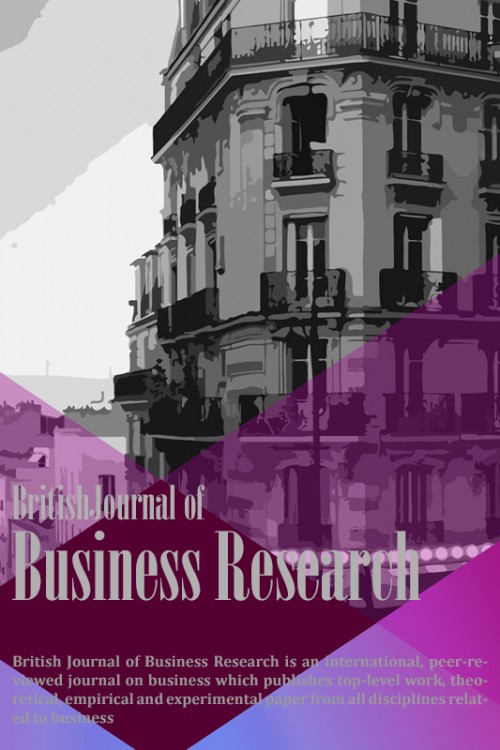
A Comparison of Different Perspectives on the Relationship between Business Intelligence and Knowledge Management
Abstract
It seems necessary nowadays to have the ability to look ahead and make the right decision for every organization. Successful and developed organizations in the business domain have adopted a knowledge-based strategy for survival in a competitive environment along with the rapid global change. How to deal with changes and making appropriate decisions against them will play a pivotal role in the future of organizations. Knowledge management and business intelligence concepts can contribute significantly to the decision making of managers. The concepts of business intelligence and knowledge management are closely related to each other and can be used interchangeably. However, so far no clear lines have been drawn between these two concepts, and many managers can rarely define a distinct boundary between these them. Researchers have different opinions on the type of relationship between them. In the first place, this article delineates the business intelligence and knowledge management, and then the views of various scholars on the type of their relationship are explained. It was generally found that both business knowledge management and business intelligence have shared goals and can contribute to improving the decision-making process and implementing these in organizations are considered as part of the company's competitive advantages. However, KM involves both tacit and explicit knowledge and considers unstructured data as well. However, business intelligence mostly focuses on explicit knowledge. In conclusion, the disadvantages of each of these concepts have been mentioned irrespective of their type of relationship between them. This paper suggests that, despite these weaknesses, knowledge management and business intelligence need to be merged, because each one has their own unique advantages and disadvantages.